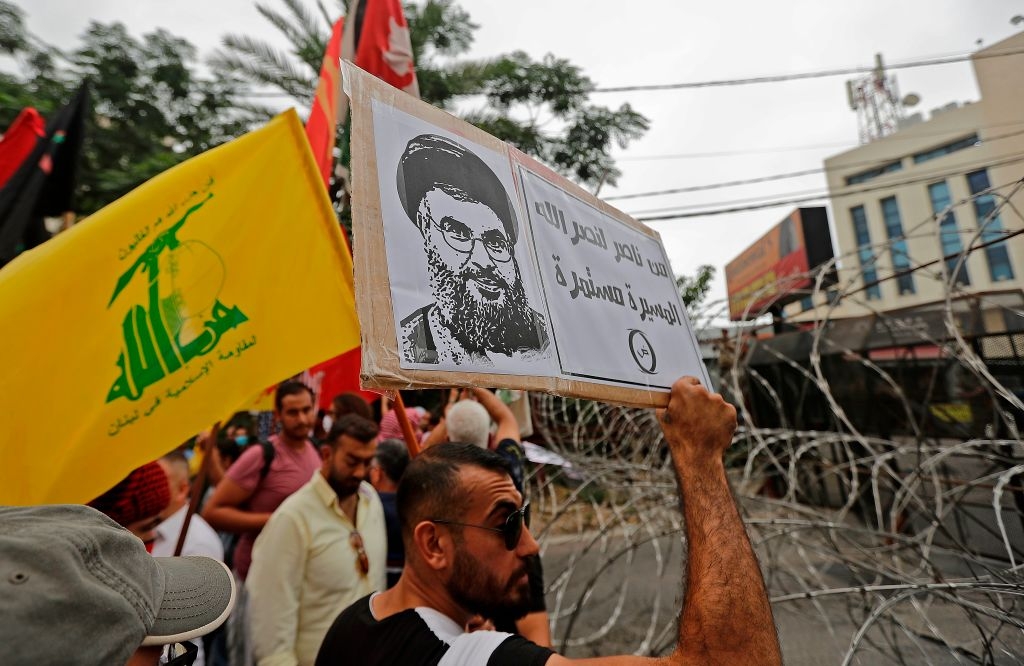Has Hezbollah Secretary-General Hassan Nasrallah changed his mind about the US, which he always considered a great enemy of the Arabs and Muslims? Not likely. More likely is that he is trying to dupe the Americans into giving Lebanon money to prevent the collapse of his Iranian-backed terrorist group.
Logg inn for å lese videre (abonnenter).
Støtt uavhengige nyheter!
Bli abonnentPluss-artikler blir åpnet 48 timer etter publisering. Artikler som er eldre enn to år er forbeholdt abonnenter.






